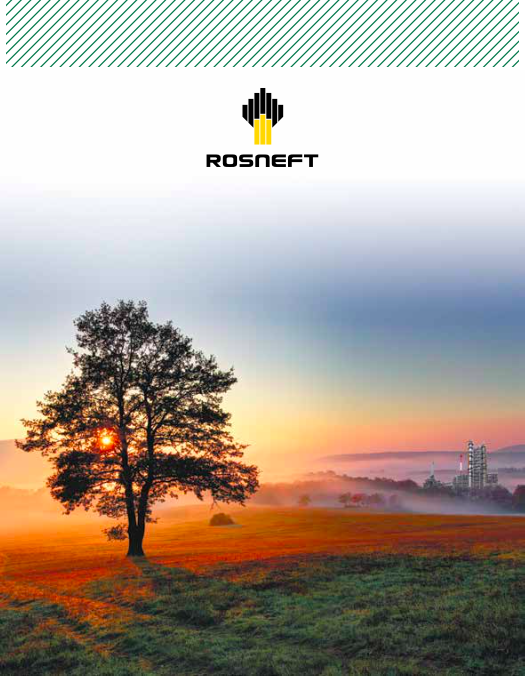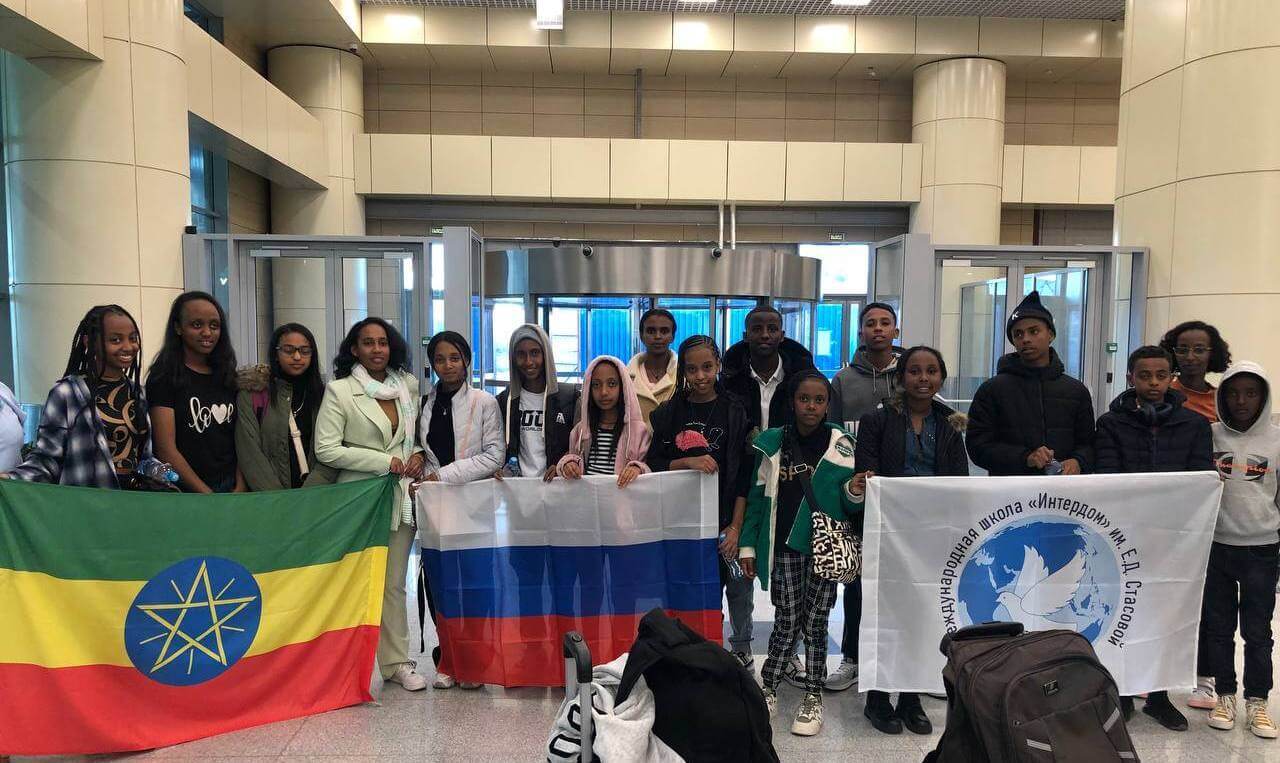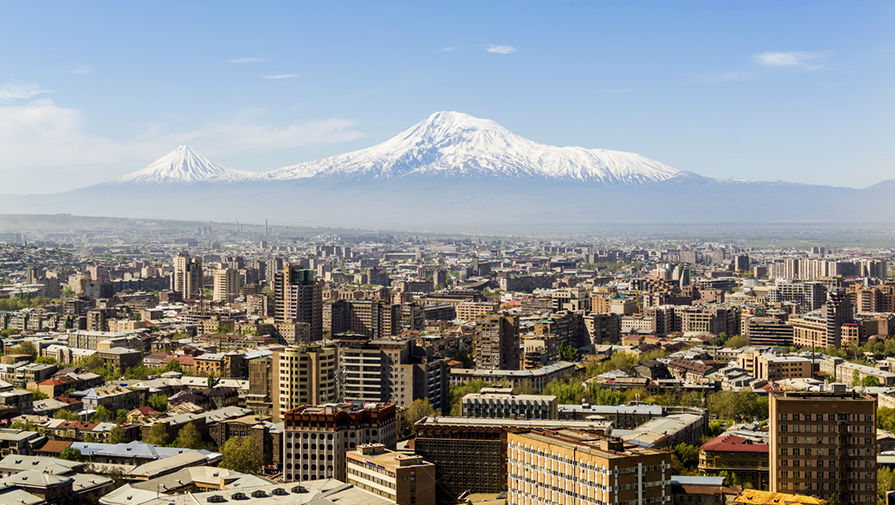Preservation of the Environment for Future Generations
Caring for the environment is an integral part of the corporate culture and social responsibility of Rosneft. In its business the company relies upon the principle of environmental well-being and biodiversity conservation across all the geographies it operates.

An important part of the Rosneft-2022 Strategy is attributable to the goal of reducing the amount of greenhouse gas emissions. Across the entire chain of its business the company has been implementing large-scale projects to make its operations greener – starting from safe oil and gas production to manufacturing of modern fuels with minimal emissions. Our company is working to develop and strengthen the carbon management initiatives aimed at minimizing the risks and the effects related to the climate change and the energy transition.
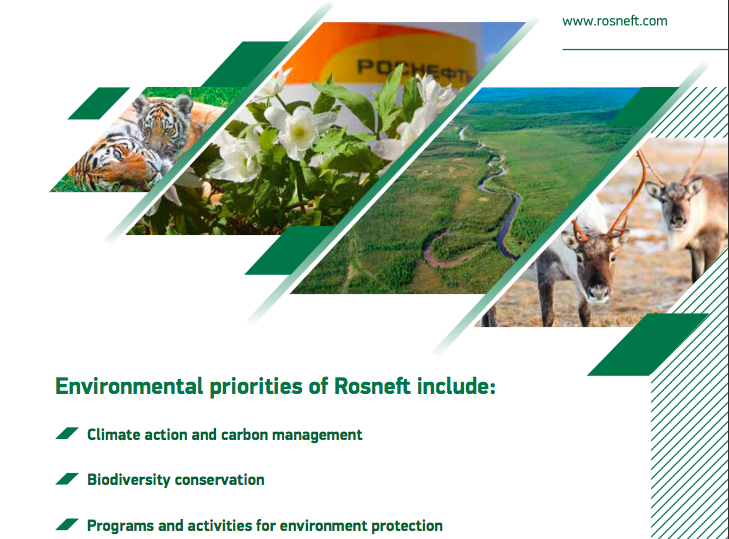
Company’s strategic initiatives account for the Paris Agreement and UN’s sustainability goals, comply with the trends of creating favorable social and environmental conditions, with the objectives of Russia’s nation-wide projects, and with the Russian Federation Energy Strategy tasks.
As a participant to the United Nations Global Compact, Rosneft is committed to UN’s sustainable development principles and goals
The company is conscious of its responsibility and through its environmental actions contributes to implementation of the following UN sustainable development goals:
- Good Health and Well Being;
- Clean Water and Sanitation;
- Sustainable Cities and Communities;
- Responsible Consumption and Production;
- Climate Action;
- Life Below Water;
- Life on Land;
- Partnerships for the Goals.

Company’s environmental agenda is focused on the 2035 Carbon Management Plan and the 2030 Environmental Development Concept.
These two documents have become the key components of the long-term environmental agenda of our company determining the main principles of the company’s nature protection activities and facilitating the achievement of UN’s sustainable development goals along with the national ecological goals of the Russian Federation through to 2030.
The concept regulates company’s water and waste management, land remediation activities, and the implementation of its large-scale biodiversity conservation program.
The Concept envisages designing all new projects based on the principle of ecological safety and no negative impact on ecosystems, which will be achieved through implementation of best available green technologies and continuous monitoring.

Carbon Management
Rosneft operates paying special attention to carbon management issues, e.g. to reducing greenhouse gas emissions and managing physical risks of climate change.

At the end of 2020, our company presented the 2035 Carbon Management Plan, the first document of the kind among Russian companies. The Plan forms the framework of Rosneft’s climate agenda in the context of low carbon economic development, including managing climate risks and determining future energy demand opportunities.
With implementation of this Plan Rosneft will be able to strengthen its positions of a leader on the global energy market amidst the energy transition and to achieve maximum monetization of the company’s proven reserves.

The work towards reductions of greenhouse gas emissions spans various areas. The foundation for this activity is provided by the Energy Saving Program, the Gas Program, associated petroleum gas utilization initiatives, by the use of renewables and others.
In 2020, Rosneft reduced the emissions by 14%, which was achieved, among other things, due to the delivery of its program aiming to increase the associated petroleum gas utilization rate.
In its work to control emissions, Rosneft gives top priority to methane emissions control. In 2019, Rosneft joined the initiative of leading international oil and gas companies and signed The Methane Guiding Principles focusing on reducing methane emissions across the natural gas supply chain and envisaging: continually reducing methane emissions, improving accuracy of methane emissions data, and increasing transparency and others.

Rosneft has been implementing a comprehensive program to improve its operational processes and initiatives on the reduction of methane emissions. Expanding this program and introducing innovative technologies: unmanned aerial vehicles, laser and thermal imaging scanning devices, ultrasonic detectors will help reduce the intensity of methane emissions to less than 0.25%.
Scanning from unmanned aerial vehicles is used to reduce methane emissions in the transportation system. Drones found wide application in a number of Rosneft Subsidiaries, e.g. at Samotlorneftegas and RN-Krasnodarneftegaz sites. In 2021, Rosneft plans to start drone flyovers of Kharampurneftegaz fields on a daily basis. Drones help reduce the time and increase the accuracy of spotting problem areas in low-temperature environment of the Extreme North.

Rosneft is changing its production structure moving to greener products, increasing gas production and its share in total production. In 2013 – 2020, the company’s gas production increased 1.6 times to 62.8 billion cubic meters per year. Following the 2020 results, the share of gas exceeded 20% of the Rosneft total hydrocarbon production and reached 21% in the fourth quarter. Rosneft plans to raise the share of gas in the total portfolio of the company to more than 25% in the coming years.
Under its Gas Program Rosneft expects to achieve a higher than 95% rate of associated petroleum gas utilization over the years to come.
Another area of the Plan activities will be optimization of power generation emissions, including the study into the options to substitute power generation at conventional central heating and power plants with the energy generated with the use of low-carbon and renewable sources. Solar panels are already installed at the Kharampurneftehaz Project.
Vostok Oil, one of the major and most promising projects in the global industry is designed as a low-carbon project from the very beginning. It is planned to use natural gas and wind power generation to supply energy for the Project. Relevant meteorological surveys are underway to establish special wind fields where possible.

Rosneft is looking into options of using underground storages and own depleted fields for CO2 capture and storage projects (CCUS, carbon capture, utilization and storage). This will make it possible for the company to use existing facilities to capture carbon, and to implement measures across the entire CCUS chain, including chemical neutralization, transportation and storage of carbon.
Since 2009 Rosneft has been putting in practice its Energy Saving Program oriented to reduce energy consumption, improve economic, environmental and operational performance. In 2020, the Program investments amounted to 1.6 billion rubles.
Fuel and energy savings from the Program are included to key performance indicators of the management and in 2020 amounted to 396 thousand tons of oil equivalent, which is 50% above the target approved by Rosneft Board of Directors.

Environmentally Friendly Fuels
An important emissions reduction effort of our company is production of more environmentally friendly types of fuel.
Rosneft keeps improving the properties of motor fuels and expands geography of supplies. In 2020, our company continued to increase the number of retail sites that sell new types of fuel with advanced environmental properties such as high octane gasoline Pulsar 100, AI95-based Euro-6 and a number of fuels featuring ACTIVE technology at ВР retail sites.
Rosneft keeps delivering the program of deployment of retail sites with compressed natural gas (CNG) options. Also, our company installs charging infrastructure at retail sites. Currently, quick chargers for electric cars are available at Rosneft retail sites in Moscow, Tver and Leningrad Regions, in the cities of Vladivostok and Khabarovsk and in Krasnodar Region.

Joint Efforts to Save the Environment and Fight the Climate Change
Fighting the climate change requires cooperation on the national, international and industry levels.
In February 2021, Rosneft and BP signed a strategic cooperation agreement on development of new low-carbon approaches and programs to support the UN sustainable development goals.
Rosneft is also considering options for carbon management cooperation with its other partners.
In 2020, Rosneft had physical meetings and online workshops on the climate agenda and sharing of experience in carbon and hydrogen capture and storage with Equinor.
Rosneft is in permanent touch with the state authorities and is taking part in meetings of cross-agency advisory and coordination bodies on the climate change.

Programs and Events Supporting Environment Protection
Being a responsible subsoil user Rosneft ensures the rights of local communities to the environmental well-being. In order to mitigate the impact on the natural ecosystems from business operations Rosneft is running special environmental programs and events to protect the environment.

Rosneft employs cutting-edge technologies for designing of new facilities and keeps improving the environmental performance through the green investments in upgrades of the assets. Pursuant to execution of Rosneft-2022 Strategy, we are planning to make green investments worth about 300 billion rubles to make the operations more environmentally friendly.

Preservation and Remediation of Forests
An important element of reduction of the carbon footprint is the natural absorption mechanism.
Currently, Rosneft is contributing a lot to reforestation by planting seedlings and trees every year in its areas of operation. In the past three years, Rosneft and its subsidiaries planted over 3.5 million trees across Russia. We are setting a more ambitious goal by 2035 – to make use of the forest absorption capability of Russia and deliver a large-scale program of reforestation and support of the forest ecosystems to offset emissions.
Protection of Water Resources
One of the strategic priorities for our company is to minimize the use of fresh water in line with the UN sustainable development goals. This is achieved through upgrade of infrastructure and the use of the best available technologies.
In Bashkiriya we commissioned and are successfully operating the largest in Eurasia biological treatment plant at Bashneft-Ufaneftekhim with an 84 thousand cubic meter capacity per day featuring a membrane biological reactor technology. The treatment plant made it possible to materially improve the quality of treatment of the waste water from processes and reduce withdrawal of water from water bodies by 2.5 times.
It was also due to Rosneft projects that its subsidiaries started to use more circulating cooling water for processes reducing withdrawal of water from the Volga by 6% in 3 years or by almost 25 million cubic meters. Also, Rosneft is taking a big effort to restore water biological resources. In 2020, over 70 million juvenile fish were released in the Russian rivers by Rosneft subsidiaries. Juvenile prime fish were released on Rosneft offshore projects in the rivers of the Azov Sea, Black Sea and the Northern fishery basins.

Study of the Black and Azov Sea Fauna
Since 2018, Rosneft jointly with Shirshov Oceanology Institute of the Russian Academy of Science has been running a project on the study of the Black Sea dolphins. In 2020, two large-scale expeditions covering the entire shoreline of Krasnodar Krai were completed. Aerial survey of the Black Sea cetaceans were done, the survey of the shoreline and a wide range of lab tests.
Researchers registered more than 2 thousand dolphins and gathered a lot of data on the Black Sea cetaceans in that region. The number of cetaceans in the survey area according to the preliminary estimates is about 20 thousand specimens. That included over 12 thousand common dolphins, about 4 thousand bottled-nose dolphins, a little over 1.5 thousand Azov dolphins.
Following the survey, recommendations on mitigation of the impact on the key habitat areas of the Black Sea cetaceans were made, summary findings were published.

Surveys and Monitoring of Protected Animal and Bird Species
Rosneft is taking a big effort to evaluate stability of the Arctic ecosystems as per the Program of the survey of the key specimens condition. The Program has been designed through 2023. It was developed as part of the Agreement on cooperation for preservation of biological diversity with the Russian Ministry of Natural Resources and Ecology in December of 2019. It is our company’s contribution to the National Ecology Project.
The goal of the project is to evaluate the current condition, the number of specimens and the trends in the population of the key species that are indicative of the stable condition of marine and onshore Arctic ecosystems such as the wild reindeer as well as the ivory gull, Atlantic walrus and the white bear that are on Russia’s red list.
In 2020, there were four research expeditions in the Russian Arctic employing cutting edge digital technologies including satellite surveillance and drones.

In the fall and winter season of 2020, a field study of the wild reindeer was done on Taimyr Peninsula and in Evenkiya. The researchers of Siberian Federal University and the Arctic Research Center did aerial studies of reindeer and marked them with neckstraps with satellite transmitters. This will make it possible to remotely study the migration paths of the animals. Also, they did daily observations of migration of wild reindeer from shelters as well as mobile observations from water and onshore along the banks of Kheta and Khatanga rivers.

In 2020, as part of the same effort expedition field surveys were done to study the white bear on Novaya Zemlya Archipelago (Zhelaniya Cape) and to study the walrus on the islands of Franz Josef Land Archipelago, Oran Islands and Victoria Island.
Also, during the field job in the summer of 2020 data on the number of ivory gulls in the colonies was gathered on Wiese Island including aerial observations, photo and video shootings of birds.
Publications for the general audience based on the data obtained in these Rosneft expeditions is an important contribution to the awareness of protection of the Arctic territory and its biological diversity. This is a joint effort of Rosneft and non-state institute for development Innopraktika.
Environmental efforts of Rosneft are rated by the leading international agencies
In April the international agency Sustainalytics upgraded our company’s rating twice. With the score of 33.9 Rosneft has become the best Russian oil and gas company in this rating.
For the second year now Rosneft has been on the list of FTSE4Good companies with a high ESG, transparency and disclosure scores. Also, Rosneft is the ESG leader of the Bloomberg rating of oil and gas majors and is in the top ten of the industry leaders of the Refinitiv rating.

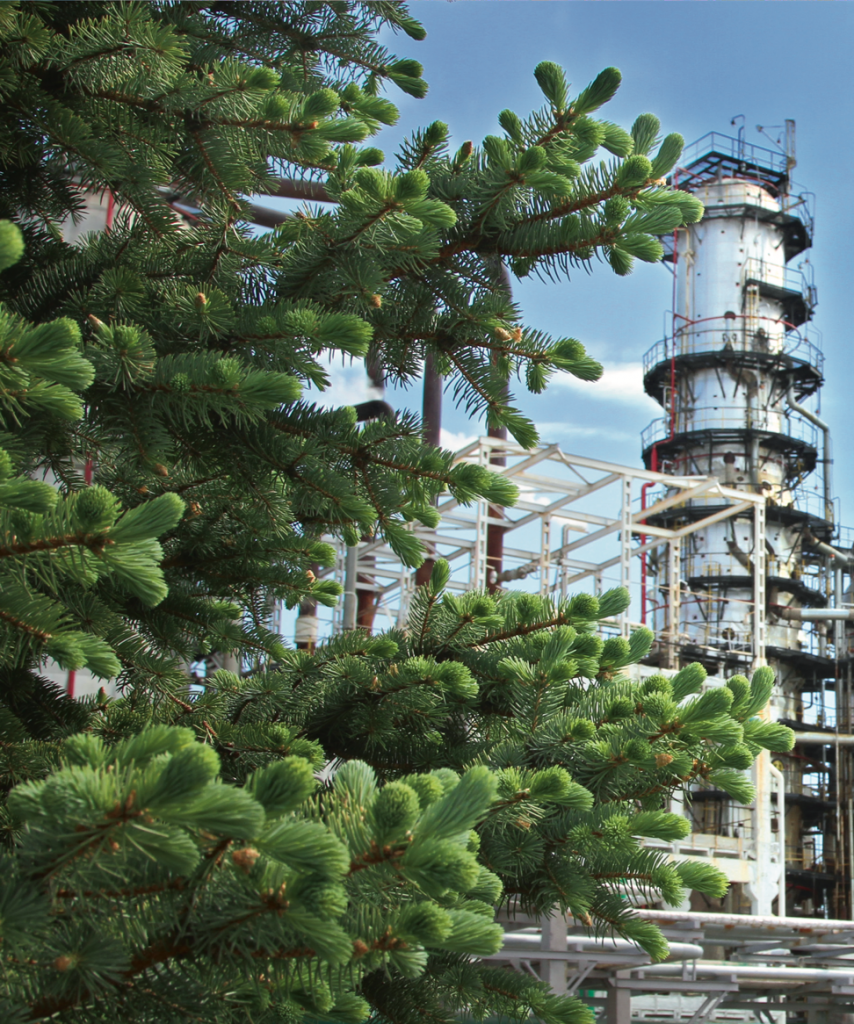
 РГМЖурнал
РГМЖурнал